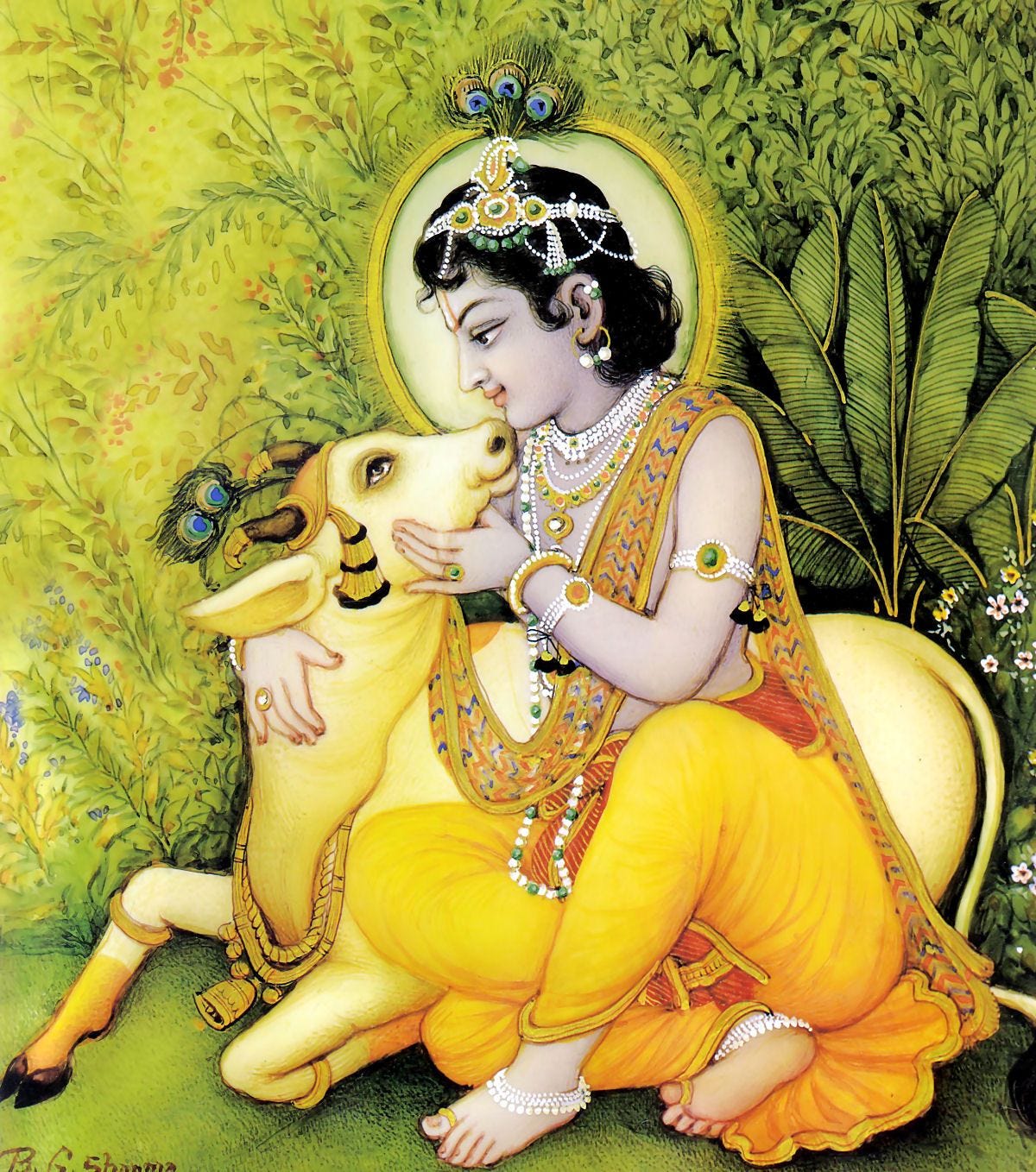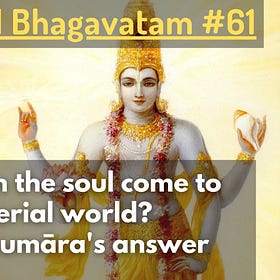Heart or brain: which is the seat of consciousness?
In ancient civilizations, people had the idea that the heart is the center of consciousness. This changed only relatively recently. Where the ancients right after all?
In ancient civilizations, people had the idea that the heart is the center of consciousness. In most cases, the function of the brain was not very well understood. The Greek philosopher Aristotle, for example, theorized that the brain was just a kind of radiator that helped to cool down the body. Almost a millennium later, another Greek Philosopher, Alcmaeon, theorized that the brain was actually the seat of consciousness and the center of the physical functions of the body, an idea that became widespread.
When we go to the Vedas, we get the information that the soul is the center of consciousness, and that the soul is situated inside the heart, alongside Paramātmā. This at first may sound like an outdated concept, just like the ideas of Aristotle, but as in other topics, the Vedas offer a much deeper explanation.
Although the consciousness of the soul is situated inside the heart, the connection between the consciousness and the body is made through the subtle body, which is made from a combination of the subtle mind, subtle intelligence, and false ego (one's concept of identity). Unlike the physical body, the subtle body does not have a fixed form. Instead, the form of the subtle body is molded according to one's consciousness and actions. During this life, one's desires and actions change one's consciousness and thus mold the subtle body in a certain way. At the end of life, the subtle body will carry the soul to another gross body, constructed according to the final form of the subtle body in this life.
Srila Prabhupada explains that the gross body is just like a piece of cloth created around the subtle body. Just like a coat has two arms, because it's made to be used by a man who has two arms, the gross body we use now was created according to the form of our subtle body at the end of our previous life.
Many prefer to not believe that a human being can become again an animal, but the Vedas explain that if one acts in ways that bring his consciousness down to the level of an animal, just eating, sleeping, mating, and fearing, he may very well go down back to the animal species since this will be the form that will be created around his subtle body after death.
All the emotions and intelligence are actually functions of the subtle body. It is also the center of all our desires, and it is capable of storing memories that are brought from one body to the other. In psychology, there is the concept of the "unconscious mind", which stores many desires and emotions that influence but are not directly available to our conscious self. This unconscious mind is also a product of the subtle body.
Just like the gross body, the subtle body is also composed of material elements; however, these subtle elements are unknown to modern science. It's questionable if people will ever have instruments capable of peeking into the functions of the subtle body. For now, the only reliable source of information about it is the Vedic literature.
According to the Vedas, the brain is a kind of interface between the subtle body and the gross body. It's a very complex machine that coordinates millions of different functions, but still, its functions are much simpler than the functions of the subtle mind and intelligence, which are part of the subtle body. The intelligence is manifested through the functions of the brain, but ultimately, the intelligence is not present in the brain, just like desires and emotions, which are also just expressed through it.
In this way, we can say that the heart is actually the seat of consciousness since the soul is situated there, but the connection between the soul and the subtle body is made through the brain. This leads us to another question: if the soul is situated in the heart, what happens when one has a heart transplant? Does this mean he gets a new soul?
Not really. Although the soul is "geographically" situated inside the heart, the position of the soul can't be changed by material means. That's why Krsna says in the Bhagavad-Gita that the soul is "immovable". It can't be moved by any material means. What happens during a heart transplant is just the change of the physical organ, which doesn't at all affect the soul.
Srila Prabhupada gives the example that the heart is just like a seat for the soul. If you are sitting on a chair and someone wants to change your chair for a different one, you may just get up and accept the new chair. The fact that you are now seated in a different chair does not make you a different person in any way.
However, what would happen if the brain were to be changed? It's quite improbable that one may ever successfully do that, but if this ever happens, the conclusion would be that the soul in the body that receives the new brain would be in charge, and not the soul of the body from where the brain was taken. It would certainly be a very painful and disorienting experience, and it's impossible to imagine how this could affect one's consciousness, but based on the information given in the Vedas, we can say for sure that the change of the brain would not replace the soul. If this ever happens, it will actually prove the version given in the Vedas.
In the Srimad Bhagavatam, we find the idea of Daksa, that had his head was replaced by a goat's head because his original head had been severed by Vīrabhadra and burned in the sacrificial fire. When he came back to consciousness with this new head, he didn't bleat like a goat, but instead acted as a gentleman, speaking Sanskrit and offering nice prayers to Lord Śiva.
Read also:
How does the soul come to the material world? Sanat-kumāra's answer (Srimad Bhagavatam #61)
Sanat-kumāra makes the analogy of a lake drying up because of kuśa grass growing on its banks. If the grass is allowed to grow freely, it sucks the water until the lake completely dries up. In the same way, if material desires are allowed to grow, they progressively cover the original Krsna consciousness of the soul, up to the point where one can become a dog or a pig. Therefore, these columns of kuśa grass that are drying up our consciousness should be cut down from the beginning. We should understand the danger of unrestricted sense gratification and where it can lead us.
If you read this article to the end, give it a like. This makes Substack recommend it to more people.




Hare Krishna Prabhu ji 🙏 thank you for the wonderful enlightening article.